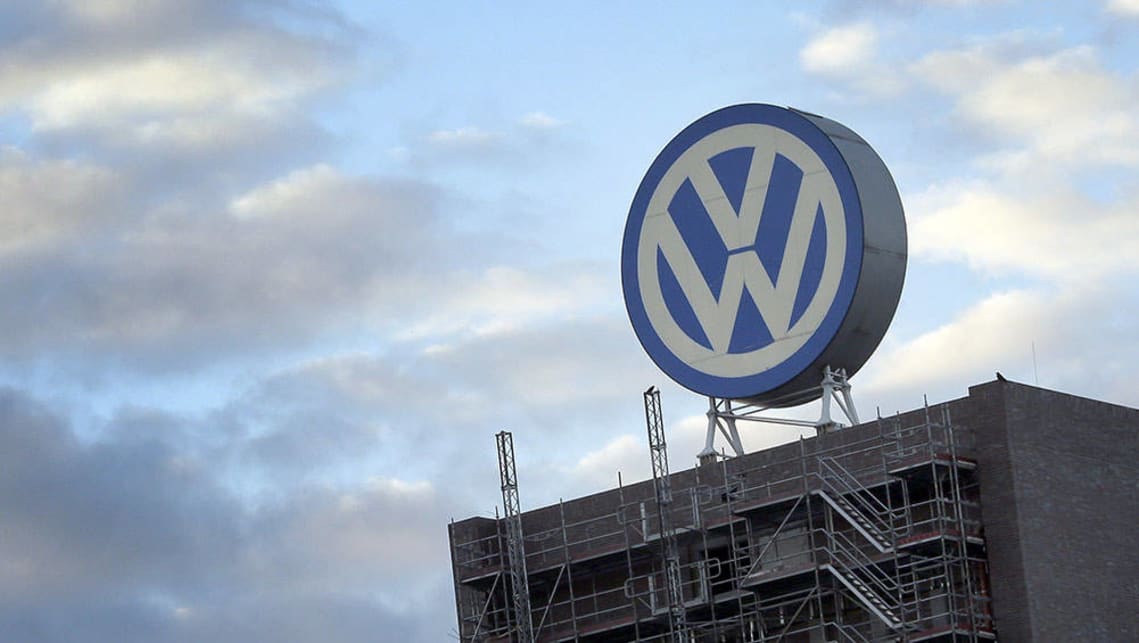
Volkswagen Australia has formally started the recall and rectification work on another 35,000 of its __cars affected by the diesel emissions scandal that broke in 2015.
The Department of Infrastructure and Regional Development (DIRD) has approved the fixes submitted by Volkswagen after a lengthy delay.
More than 94,000 __cars across VW's brands – including Audi and Skoda – have been affected in Australia. Some recall activity on VW Amaroks has already commenced.
Cars powered by two of VW's diesel engines – which includes 1.6- and 2.0-litre diesel-powered Golfs, Amaroks, Caddys, Jettas and Passats, as well as Skoda Yetis and Octavias – will in some cases be fitted with a new air flow device in front of the engine's air-mass sensor, while the engine software will be updated on all cars in a process VW claims will take no more than an hour.
Our confidence in this solution is based on the experience of thousands of Amarok owners in Australia.
It also says the changes will not decrease or alter performance or economy.
"Major progress has been made in this process," Volkswagen Group Australia Managing Director Michael Bartsch said in a statement.
"Our confidence in this solution is based on the experience of thousands of Amarok owners in Australia and more than 1.7 million customers internationally who have had the update implemented."
Mr Bartsch, who has been outspoken in his belief that all cars sold in Australia met all standards, went on to say that authorities in Europe have verified that the update has not negatively impacted updated cars.
"Engine performance, maximum torque and noise emissions were unaffected," he said.
The company has asked that affected customers await the arrival of a letter from VW before contacting their dealer.
The scandal, which broke overseas in September 2015, has roped in more than 12 million VWs around the world.
VW is still in court with the ACCC, which alleges that that car maker has a case to answer in relation to breaches of Australian consumer law between 2011 and 2015. It accuses the German car brand of making "false or misleading" representations of its diesel-powered cars in the local market.
The scandal, which broke overseas in September 2015, has roped in more than 12 million VWs around the world, and is set to cost the company more than a hundred billion dollars to fix.
A US university discovered in July 2015 that Volkswagen diesels emitted more nitrous oxide than the company claimed, thanks to lines of code in the engine computer that could detect whether or not the car was being tested on a dyno or driven on a road. The dyno mode lowered the emissions figures.
More recently, VW Group brand Audi have been accused of fitting its gearboxes on some models with similar emissions-cheating code.
No comments:
Post a Comment